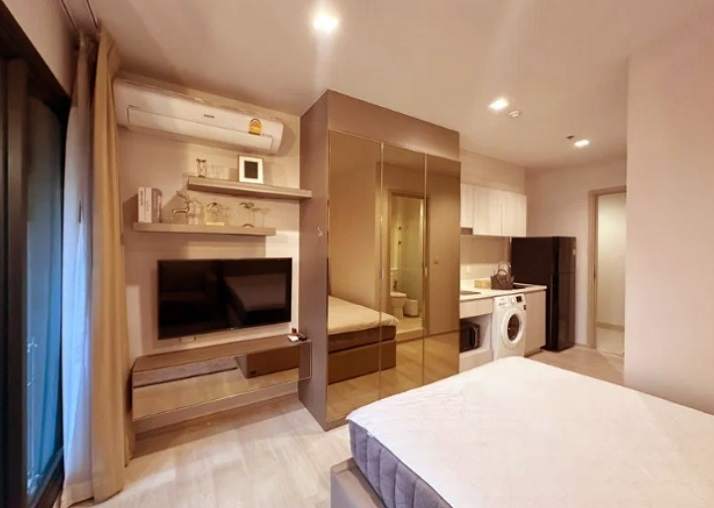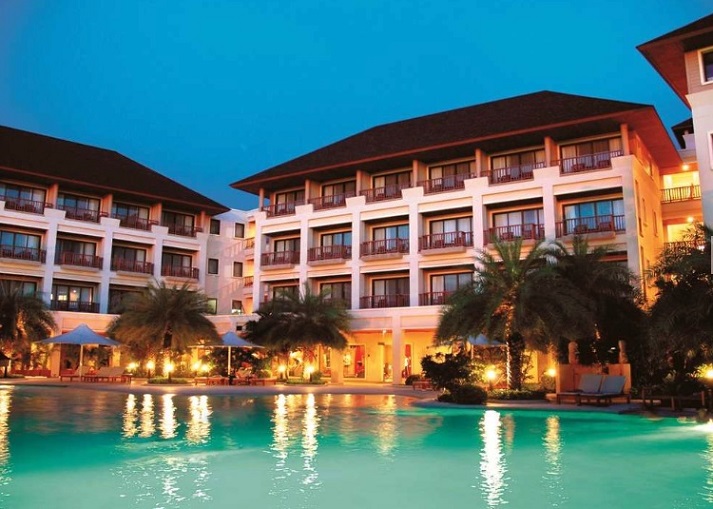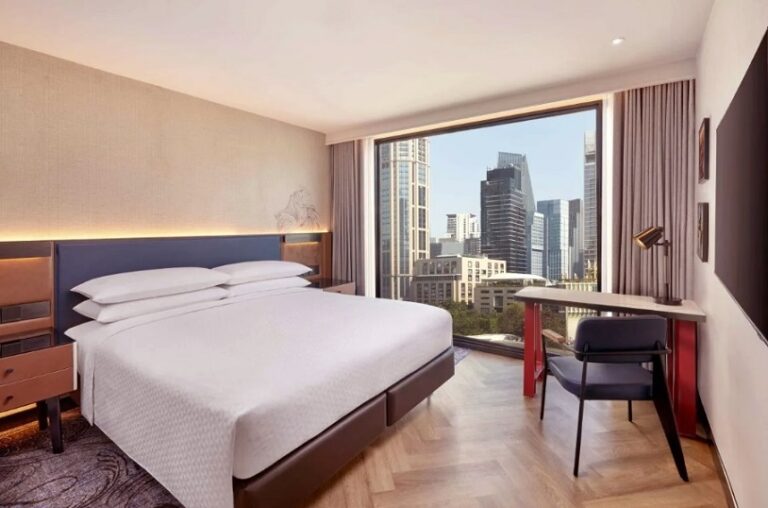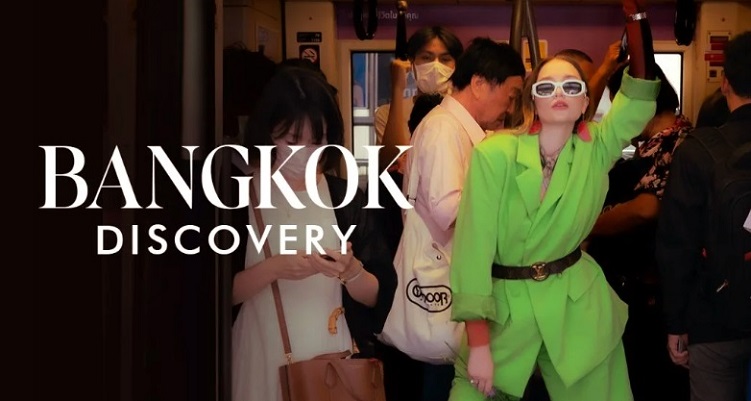
Bangkok Hotel News: Rising Calls for Government Intervention
Thailand is intensifying its efforts to crack down on the illegal daily rental of condominiums, a widespread practice that has long plagued the hotel industry and disrupted the lives of local residents. Lawmakers, hotel operators, and consumer protection agencies are now united in urging the government to take decisive action against these illicit rentals, particularly those facilitated by popular online travel platforms.

This Bangkok Hotel News report comes amid growing public outrage over how these platforms, including global giants like Airbnb and others like HomeToGo, Cozycozy, Vrbo and Homestay.com continue to allow unregistered and unauthorized listings to flourish. Pheu Thai Party list-MP Chanin Rungtanakiat, a key member of the House Committee on Consumer Protection, compared the role of these platforms to that of sellers of counterfeit goods—enabling unlawful practices that violate Thailand’s Hotel Act of 2004.
Illegal Rentals Exploiting Loopholes in Plain Sight
Under Thai law, any property offering daily accommodation must be licensed as a hotel. However, thousands of condominium owners, many of them foreign investors, continue to bypass this regulation by offering their units for short-term stays through digital platforms. These illegal listings undercut registered hotels, violate condo bylaws, and pose serious security risks, as they often fail to report foreign guests to immigration authorities within the required 24-hour timeframe.
Mr Chanin emphasized the need for government agencies such as the Department of Provincial Administration, the Electronic Transactions Development Agency, and the Office of the Consumer Protection Board to work together. Their goal is to create a central database of licensed hotels that would be linked to online booking platforms, requiring property owners to enter a valid hotel license number before accepting bookings. This initiative is designed to curb illegal listings, improve the quality of accommodation in Thailand, and provide peace of mind to both residents and travelers.
Condos Becoming Unregulated Mini Hotels
The Thai Hotels Association (THA) has been particularly vocal in its calls for reform. President Thienprasit Chaiyaphatranan condemned the practice of “zero-dollar condos,” where investors, especially from China, buy up multiple condo units to rent them out daily at cut-rate prices. These operations, he argued, are a direct threat to the legitimacy and survival of the hotel industry.
In addition to evading taxes and regulations, these unauthorized rentals damage the community environment, lead to overcrowding, and increase crime risks. Thienprasit proposed that platforms hosting these illegal rentals be held accountable—either through temporary suspension or forced registration. He also called for the government to grant enforcement officers the authority to arrest violators without the need for documentary proof of wrongdoing.
Concerns Over Foreign Ownership and Market Distortion
The THA also warned against a proposed plan to increase the allowable percentage of foreign ownership in condominium buildings from 49% to 75%. Such a move, they say, would further open the floodgates for speculative property purchases rather than genuine residential use. Thienprasit cited international examples such as Barcelona, where rampant short-term rentals by foreign buyers have led to soaring housing costs and displaced local residents.
These fears are echoed by Thirayuth Chirathivat, CEO of Centara Hotels & Resorts, who criticized the rise of what he called “unfair businesses.” He stressed that licensed hotels invest heavily in infrastructure, licensing, and employee training, while illegal condo rentals skirt all such responsibilities. Thirayuth added that enforcing short-term rental bans could help elevate the overall quality of Thailand’s tourism sector by discouraging budget travelers who contribute little to the local economy.
A Turning Point for Thai Tourism
The push to end illegal condo rentals marks a critical turning point for Thailand’s tourism and real estate sectors. If successfully enforced, these new measures could restore fairness to the hospitality market, ensure legal compliance, and protect the safety and well-being of both local residents and foreign visitors. Moreover, a properly regulated environment will attract tourists who value security, cultural respect, and legal accommodations, all of which contribute to Thailand’s long-term appeal as a world-class travel destination.
The challenge now lies in ensuring consistent enforcement and the political will to stand up to powerful interests and digital disruptors. Still, with widespread support from both lawmakers and the private sector, this campaign may finally bring long-overdue order to Thailand’s rental landscape.
For the latest on illegal condo and villa rentals in Thailand, keep on logging to Bangkok Hotel News.
You May Also Like:
YOTEL Set to Open its First Hotel in Bangkok in Late 2025 while Also Expanding to Malaysia, Japan, Saudi Arabia, and UK
Thailand Hotel Group Amora Acquires Hilton Adelaide in Massive Expansion Move






